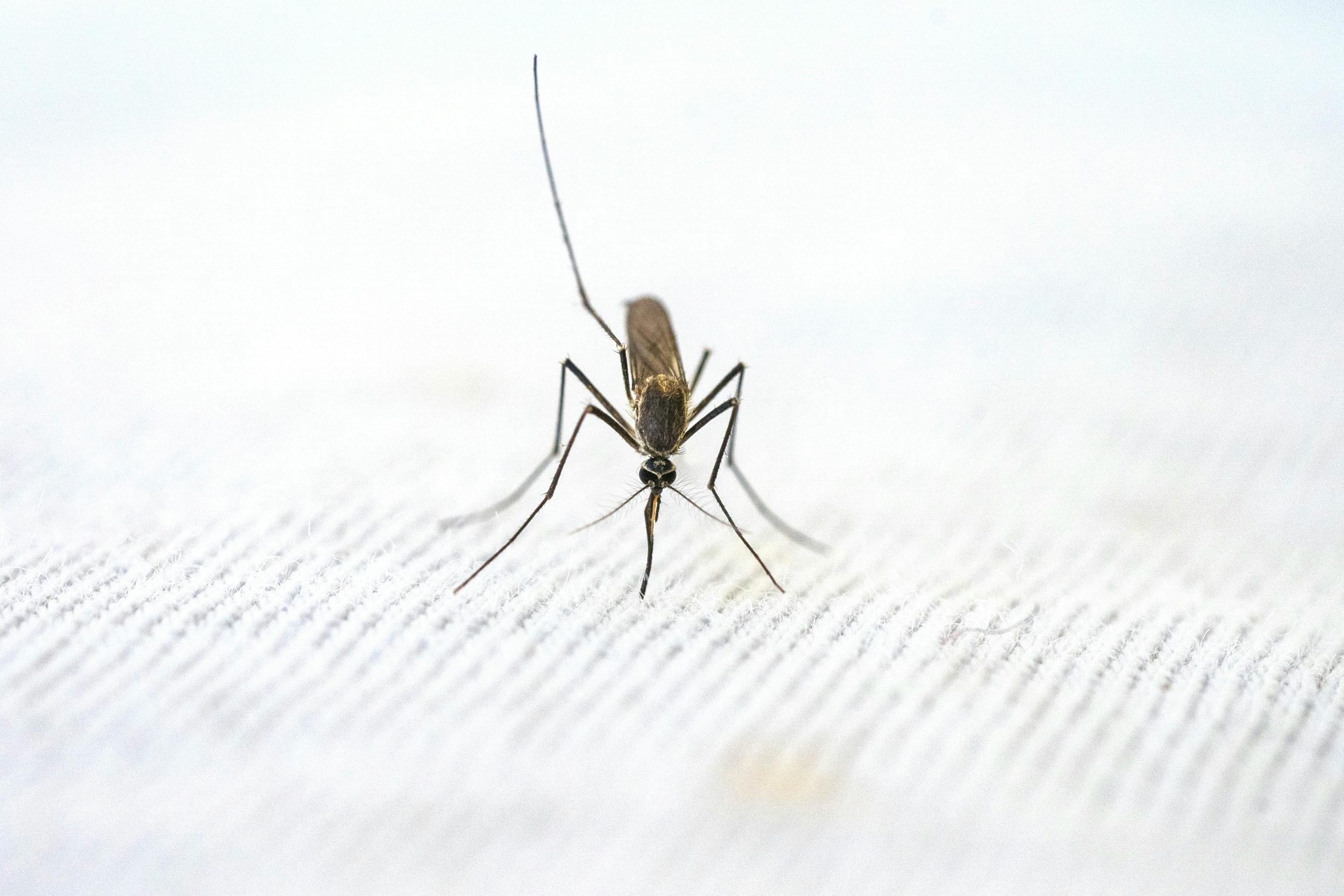Dengue fever, a mosquito-borne viral infection, is a significant global health concern. Dengue Awareness Month serves as a crucial reminder to educate ourselves and our communities about this potentially life-threatening illness.
This article provides comprehensive information on dengue prevention and treatment strategies, empowering you to protect yourself and your loved ones.
Understanding Dengue Fever
Dengue is transmitted through the bite of an infected Aedes aegypti mosquito. Symptoms typically appear 4-10 days after the bite and can range from mild to severe.
Common symptoms include:
- High fever
- Severe headache
- Muscle and joint pain (hence the name “breakbone fever”)
- Rash
- Nausea and vomiting
In severe cases, dengue can lead to dengue hemorrhagic fever (DHF) or dengue shock syndrome (DSS), which can be fatal.
Early detection and prompt medical attention are crucial in managing severe dengue.
Prevention Strategies: Your First Line of Defense
Preventing dengue relies heavily on controlling the mosquito population.
Here are some effective strategies:
- Eliminate Breeding Grounds: The Aedes aegypti mosquito breeds in stagnant water. Regularly empty and clean containers that can hold water, such as flowerpots, vases, buckets, and discarded tires. Ensure proper drainage around your home.
- Use Mosquito Repellents: Apply EPA-registered insect repellents containing DEET, picaridin, IR3535, or oil of lemon eucalyptus to exposed skin. Follow the product instructions carefully.
- Install Mosquito Nets: Use bed nets, especially for children and infants, to protect them from mosquito bites during sleep.
- Wear Protective Clothing: Wear long-sleeved shirts, long pants, and socks when outdoors, especially during dawn and dusk when mosquitoes are most active.
- Use Mosquito Coils and Traps: These can provide additional protection in areas with high mosquito populations.
Early Detection and Treatment
If you suspect you or a family member has dengue fever, seek medical attention immediately. Early diagnosis and treatment are vital.
Treatment focuses on managing symptoms, such as:
- Rest
- Fluids (to prevent dehydration)
- Pain relievers (avoid aspirin and ibuprofen, as they can increase bleeding risk)
In severe cases, hospitalization may be necessary for close monitoring and supportive care.
The Role of Vaccination
While a dengue vaccine is available in some regions, its effectiveness varies depending on the circulating dengue virus serotypes.
Consult with a healthcare professional to determine if vaccination is appropriate for you or your family.
Protecting Your Family
Protecting your family from dengue requires a collective effort.
Educate your children about mosquito bites and the importance of prevention strategies. Make it a family activity to regularly check for and eliminate potential breeding grounds.
Dengue Awareness Month is a call to action. By implementing these prevention strategies, seeking early medical attention when necessary, and staying informed, we can significantly reduce the risk of dengue fever and protect the health and well-being of our communities.
Remember, prevention is the best cure.
Share this article with your network to spread awareness about dengue fever prevention and treatment. Let’s work together to create healthier and safer communities.Share
DISCLAIMER
This article provides general information and does not constitute medical advice. Consult your healthcare provider for personalized recommendations. If symptoms persist, consult your doctor.
Photo by Pragyan Bezbaruah on Pexels







